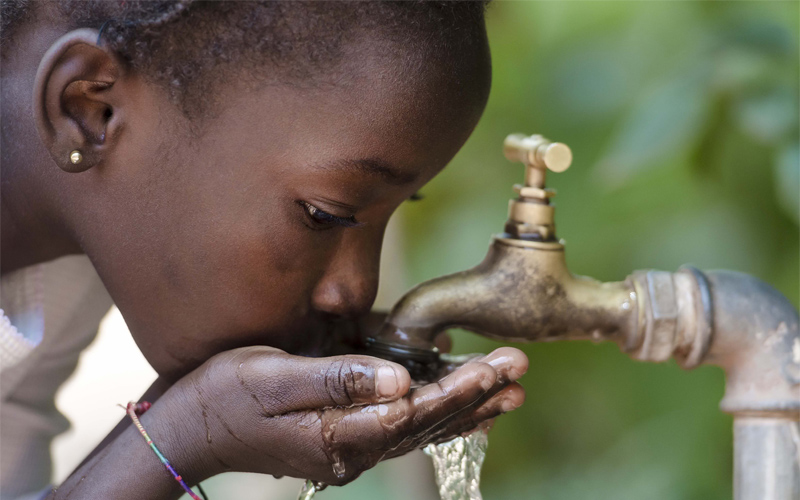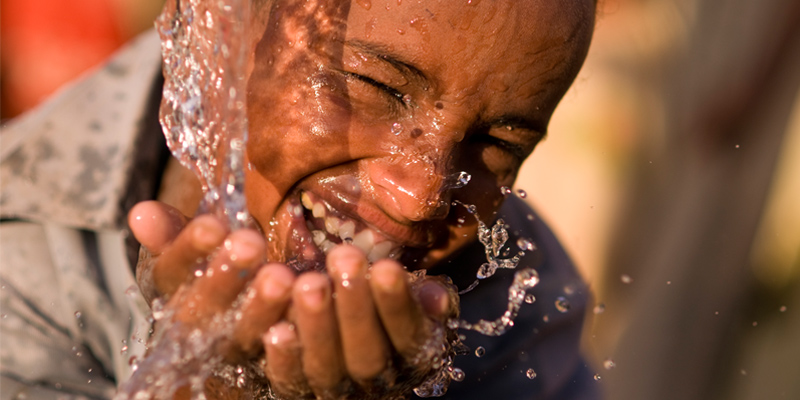
The link between water sanitation and Cholera was made by a physician from England named John Snow in 1854. After more than a century and a half later, this disease still takes 100,000 people to the grave every year according to latest numbers. Is the access to clean water a human right or is it a privilege of advanced countries only? Read on and find out which is the state of Cholera outbreaks in the world today.
Water Has To Be Drinkable
Some of the biggest cities in the world like Mexico City are still struggling to provide millions of people with clean water despite the social status or the economic position they occupy. But what happens when the population doesn´t have access to drinkable water or the government fails in the attempt to turn it into a right for all people? One of the answers to that question is, unfortunately, Cholera.
What does water need to be drinkable to the human being? Well, it has to follow a path of hygiene and sanitation throughout the entire process (from extraction to consumption) to avoid certain bacteria. The countries that provide clean water for their citizens have a well-defined water cycle that has an outcome that is healthy. Those countries that, for whatever cause, cannot assure this cycle to their citizens end up having more people in hospitals for Cholera and other related diseases.

Prevention Is Actually The Cure
In this scenario we are in today, the best way to cure Cholera is actually preventing it. There are currently many projects on its way to fight this disease, the outbreaks and minimize the amount of deaths per year. What has been in the mouths and papers of most experts lately is that the money is not put in the correct place, since efforts should be centralized in prevention through water sanitation and not in medical readiness to cure outbreaks. Many lives could be saved that are lost in the moment of the outbreak until the international community reaches out for help.
According to latest studies as much as 2.3 billion people (a third of our planet’s population) has no access to what we call a “decent” or “healthy” minimum sanitation. Another 844 million people don´t have access to drinkable clean water in a regular basis. The prestigious site Wateraid.org proposes a three-step process to fight Cholera:
- Administrate Cholera vaccines orally to those communities that are most affected by the disease and strengthen the channels for short-time response globally to suffocate outbreaks of the disease immediately.
- Strengthen the health systems of the most affected countries in the world. Work on the healthcare, water sanitation and hygiene policies together with the host country to have a more robust first barrier.
- Apply long-term basic education in facilities as well as promoting local hygiene education in schools. Reaching out to the communities with safe hygienic practices and give them the knowledge tools to ensure no future outbreaks.
